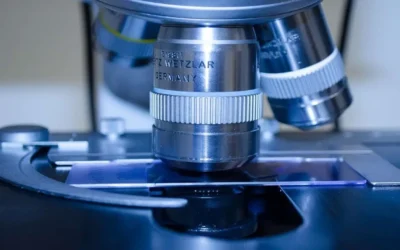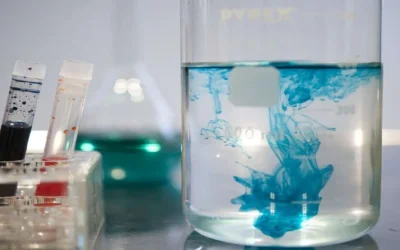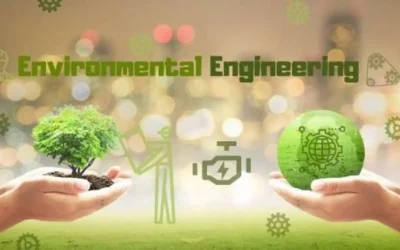Gujarat Technological University (GTU) offered a wide range of engineering branches for aspiring students. GTU is one of the well-known technical universities in India, and it provides undergraduate, postgraduate, and doctoral programs (Ph.D.) in various engineering disciplines. Here is a detailed overview of some of the major branches of engineering offered by GTU:
- Computer Engineering
- Biomedical Engineering:
- mechanical engineering
- automobile engineering
- chemical engineering
- civil engineering
- electrical engineering
- information technology
- rubber technology
- plastic technology
- environmental engineering
- Electronics & Communication Engineering
Computer Engineering: Computer Engineering is a popular branch that focuses on the design, development, and maintenance of computer hardware and software systems. Students in this program learn about computer architecture, programming languages, algorithms, operating systems, database management, and network security. They also get exposed to emerging technologies like artificial intelligence, machine learning, and cybersecurity.

Biomedical Engineering: Biomedical Engineering combines principles of engineering and biology to develop solutions for healthcare and medical challenges. Students learn about medical instrumentation, biomaterials, biomechanics, and medical imaging. Biomedical engineers work on the development of medical devices, prosthetics, and advanced diagnostic tools.

Mechanical Engineering: Mechanical Engineering deals with the design, analysis, manufacturing, and maintenance of mechanical systems. Students in this field learn about thermodynamics, fluid mechanics, materials science, manufacturing processes, robotics, and more. It is one of the oldest and broadest engineering disciplines and plays a significant role in industries like automotive, aerospace, energy, and machinery.

Automobile Engineering: Automobile Engineering specializes in the design, manufacturing, and operation of automotive systems. Students study vehicle dynamics, engine design, automotive electronics, and safety. With the growing automotive sector, there is a demand for skilled professionals in this field.

Chemical Engineering: Chemical Engineering involves the application of principles of chemistry, physics, and mathematics to design and operate chemical processes. Students learn about chemical reactions, process control, transport phenomena, and material science. This branch is vital for industries like petrochemicals, pharmaceuticals, and environmental engineering.

Civil Engineering: Civil Engineering deals with the planning, design, construction, and maintenance of infrastructure projects such as buildings, roads, bridges, and water supply systems. Students in this field study structural engineering, geotechnical engineering, transportation engineering, and environmental engineering.

Electronics & Communication Engineering (ECE): ECE revolves around electronic devices, communication systems, and signal processing. Students study analog and digital electronics, microelectronics, communication theory, and wireless technologies. This field is crucial for telecommunications, satellite communication, and consumer electronics industries.

Electrical Engineering: Electrical Engineering focuses on the study of electrical and electronic systems. Students learn about electrical circuits, power systems, control systems, communication systems, and renewable energy sources. This branch is crucial for industries like power generation, telecommunications, electronics, and automation.

Information Technology (IT): The IT branch is closely related to Computer Engineering but with a specific focus on utilizing technology to manage and process information. Students learn about software development, data analytics, web development, cloud computing, and digital communication. This field plays a crucial role in enabling businesses and organizations to make informed decisions through data-driven insights.

Environmental Engineering: This branch focuses on addressing environmental challenges and sustainability. Students study subjects like water and wastewater treatment, air pollution control, solid waste management, and environmental impact assessment.

Plastic technology: Plastic Technology at GTU is an interdisciplinary field of study that focuses on the design, production, and application of various plastic materials and products. It involves a comprehensive understanding of polymer science, polymer processing techniques, and the engineering aspects of plastics. This course equips students with the knowledge and skills to develop sustainable, innovative, and cost-effective plastic solutions for various industries

rubber technology: Rubber Technology at GTU is a specialized field of study that focuses on the science, engineering, and application of rubber materials. It is a branch of polymer engineering that deals with the processing, design, and development of rubber products used in various industries.


